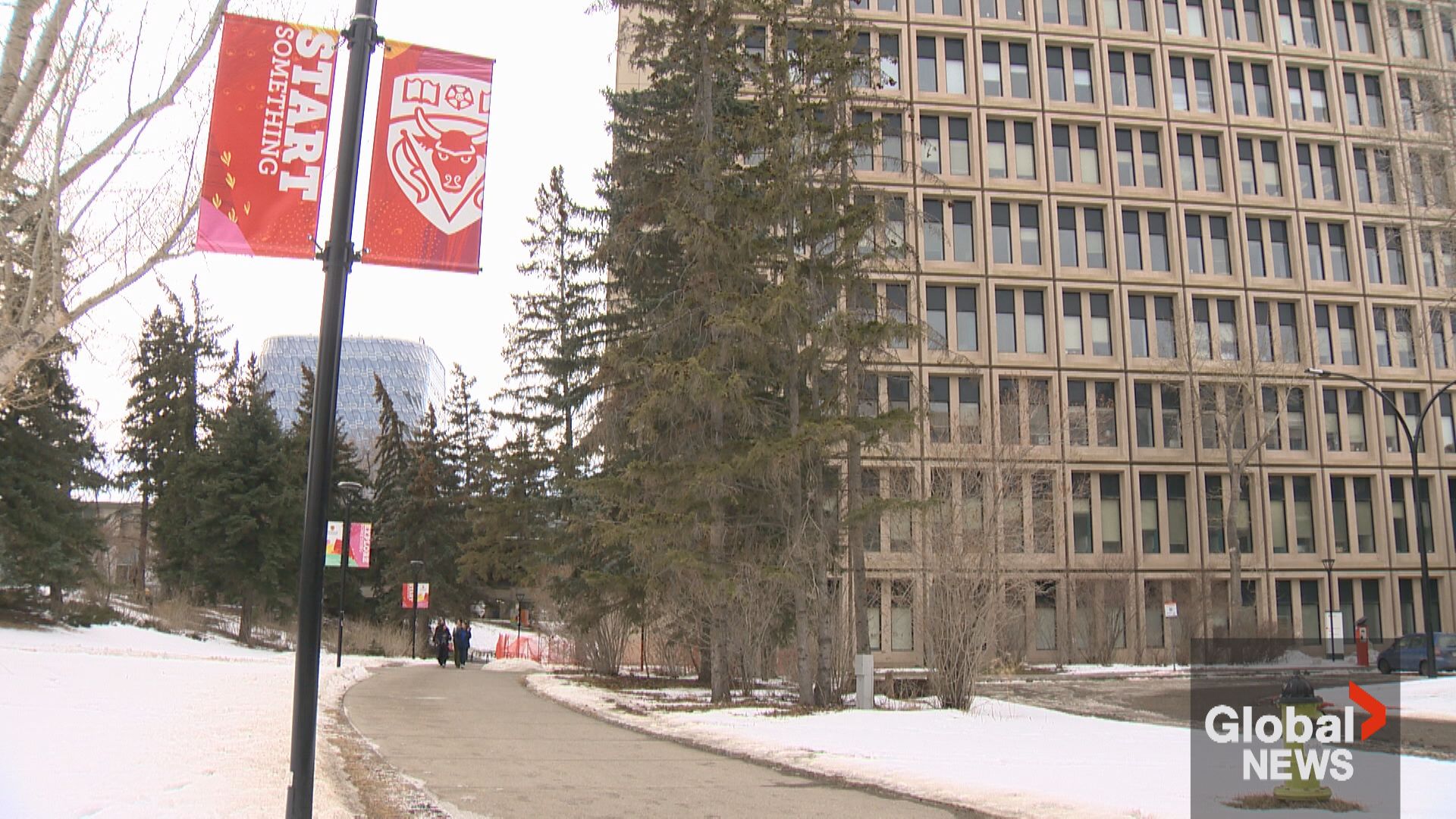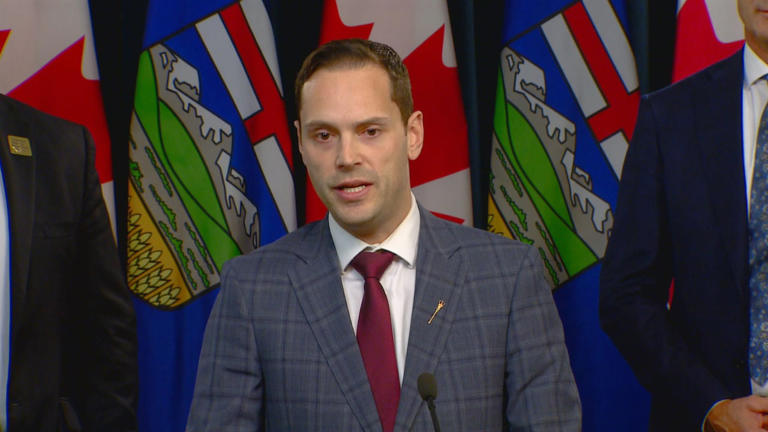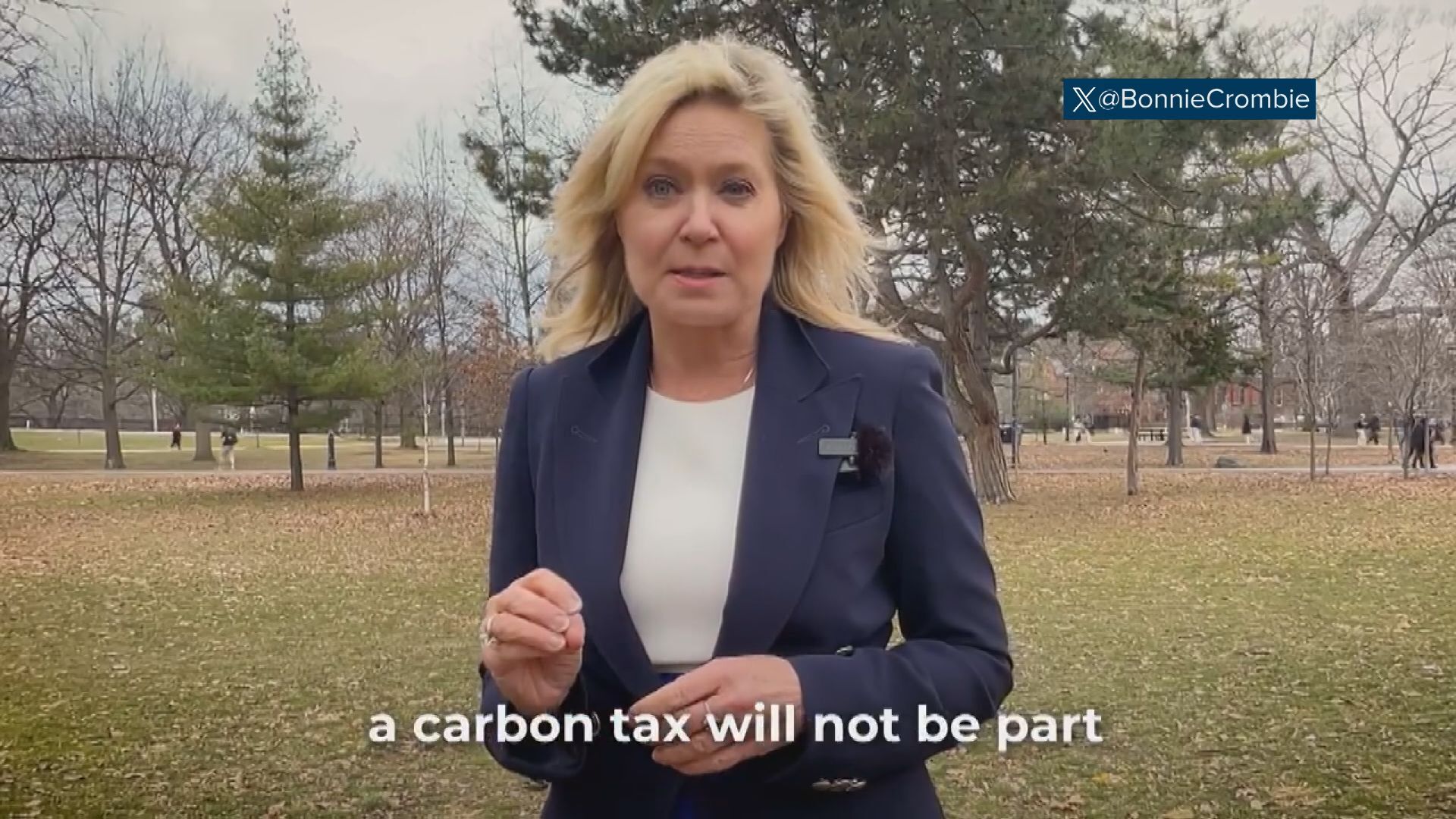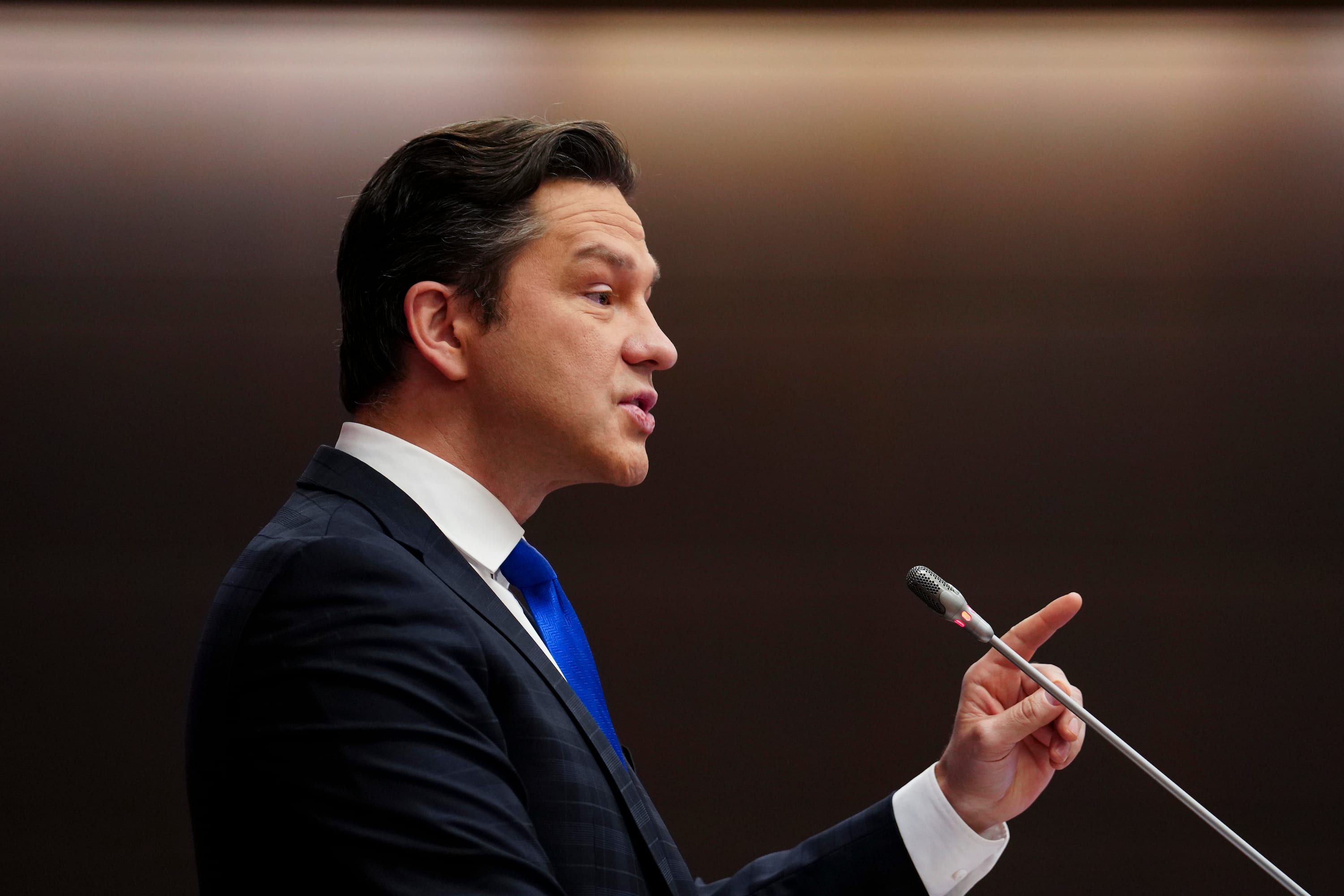Story by Nathaniel Dove • 1d • Global News
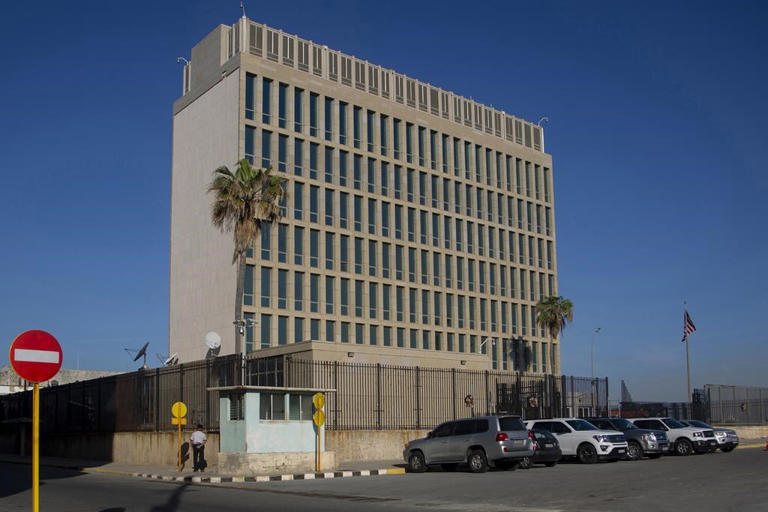
FILE - The U.S. embassy in Havana, Cuba is seen on Jan. 4, 2023. An array of advanced tests found no brain injuries or degeneration among U.S. diplomats and other government employees who suffer mysterious health problems once dubbed “Havana syndrome,” researchers reported Monday, March 18, 2024.
A lawyer for Canadian diplomats suing the federal government over what's become known as “Havana syndrome” is criticizing a report about the matter from a major American health institute.
A report from the U.S. National Institutes of Health, a collection of leading American research centres, concluded “there was no significant differences between individuals reporting (Havana syndrome symptoms) and matched control participants” in most measures “except for objective and self-reported symptoms like balance, fatigue and post-traumatic stress,” among other issues.
Paul Miller, who represents diplomats alleging in the lawsuit that they suffered concussion-like symptoms during service at the Canadian Embassy in Havana, Cuba, said the report has a number of failings.
“If a diplomat or a family member is impacted by something that happens, the Canadian government has to stop relying upon a broken worker's compensation system and actually step up and provide the treatment,” Miller told Global News.
He said the study took place too long after diplomatic staff and family members reported the onset of symptoms, that examining patients beyond Cuba did not give accurate findings on those who say they began experiencing symptoms in Havana and that the report did not have data on the affected people's physical baselines before they began experiencing the symptoms.
“(Their symptoms) may not be as severe now,” he said, “but it’s still there.”
Another study, also published on Monday, found no significant differences in MRI brain scans between those who reported being affected with “Anomalous Health Incidents” (or AHIs, the term often used in medical exams and studies related to reports of Havana syndrome) and a group of people also tested who didn’t report any the symptoms.
American and then Canadian embassy staff, as well as their family members stationed there, in Havana reported suffering headaches and cognitive and vision problems in 2017.
The U.S. State Department initially said the reports of strange symptoms appeared to be caused by “targeted actions." The CIA later said it was “very unlikely” a foreign adversary was responsible and that it found no evidence any American adversary has a weapon or device capable of causing such symptoms.
Testing on the American staff showed they had less white matter in their brains, along with other structural differences, than a comparison group of healthy people.
Internal government documents, which Global News obtained under access to information laws, appear to corroborate claims currently in court that officials were working to keep early reports of symptoms quiet.
American and Canadian diplomatic staff later sued their respective governments, alleging a failure to protect them.
Global Affairs Canada previously acknowledged that nine adults and five children from diplomatic families reported developing unusual symptoms.
Global News Havana Syndrome: New CIA report sheds light on mysterious illnessDuration 2:30 View on Watch
Miller, who represents Canadian diplomats in the $28-million suit, said the embassy staff and their families are still dealing with the symptoms and are trying to get proper care.
“We have clients who have gone into serious debt trying to seek out the best treatment for their kids in the United States,” he said, speaking from Toronto.
“The Canadian government does nothing. And it's absolutely shocking.”
The first NIH study examined 86 government staff and family members with reported symptoms from Cuba as well as Austria, China and other locations between June 2018 and July 2022, along with 30 other U.S. government participants with no reported symptoms to compare them.
It said “the absence of a consistent set of abnormalities” among those reporting symptoms suggests that, “if a directed energy ‘attack’ is truly involved, it seems to create symptoms without persistent or detectable physiological changes.”
It also suggested those with symptoms may be experiencing the results of an injury that is no longer detectable.
Global News Canadian embassy staff warned to stay silent on ‘Havana Syndrome’View on Watch Duration 2:59
Miller said the Canadian government has until early April as part of the lawsuit to provide internal documents in which he says staff discussed the situation and reports of symptoms in Havana and that he is trying to arrange for a government representative to be questioned.
Global News asked the NIH for comment but did not hear back by deadline.
Global Affairs Canada, in a statement, said it is aware of the NIH report.
"Canadian diplomatic staff and their families have Global Affairs Canada's unwavering support," spokesperson John Babcock wrote.
He said the government continues to acknowledge "the very real experiences and veracity of the reports of the symptoms and illness that our colleagues and family have reported" but said he cannot comment on individual cases for privacy and security reasons.
Babcock said the government can't comment on the cause of the reported symptoms because the matter is before the courts.
— with files from Global News' Amanda Connolly, The Canadian Press's Jim Bronskill, Reuters' Deena Beasley and The Associated Press's Lindsey Tanner and Megan Janetsky
Agence France-Presse
March 18, 2024

US embassy in Havana, Cuba (AFP)
The mystery of so-called Havana Syndrome, which struck down dozens of US diplomats, deepened Monday as new research found no tangible evidence of brain injury in those affected.
Researchers at the National Institutes of Health (NIH) acknowledged that ongoing symptoms including migraines, chronic dizziness, and depression are still very much real -- even if they cannot yet be explained.
Havana Syndrome first baffled officials in 2016 when US diplomats in Cuba's capital reported falling ill and hearing piercing sounds at night, sparking speculation of an attack by a foreign enemy using an unspecified sonar weapon.
Similar reports of the illness later emerged from embassy staff in China, Europe and US capital Washington.
Yet despite the "disabling" symptoms, people with Havana Syndrome -- formally referred to as anomalous health incidents (AHIs) -- show no clinical differences, according to two new papers published Monday in peer-reviewed journal JAMA.
Leighton Chan, lead author of one of the papers, said "it's important to acknowledge that these symptoms are very real, cause significant disruption in the lives of those affected and can be quite prolonged, disabling and difficult to treat."
In this study, researchers assessed more than 80 US government officials and their family members using MRI brain scans and other blood, visual and auditory tests. They were compared with a control group of overseas US officials who had similar work assignments but were unaffected by the symptoms.
It found those with AHIs self-reported increased symptoms of fatigue, post-traumatic stress and depression.
- 'Genuine, distressing' -
Forty one percent of those with AHIs met the criteria for "functional neurological disorder" -- problems with the way the brain sends and receives information from the rest of the body, and as a result nearly all with this dysfunction could be diagnosed with a chronic form of dizziness.
"These individuals have symptoms that are genuine, distressing, and can be quite prolonged, disabling, and difficult to treat," said the researchers.
In the second paper, participants underwent MRI scans to examine their brain size, structure, and function. These were carried out on average 80 days after symptom onset and revealed no imaging abnormalities differentiating the group with AHIs.
But this "does not exclude that an adverse event impacting the brain occurred at the time of the AHI," said Carlo Pierpaoli, who led the study.
The US State Department was reviewing the research, a spokesperson said Monday, adding its "top priority remains the health, safety, and security of the Department’s personnel and family members."
US intelligence had said in 2022 that intense directed energy from an external source could have caused some cases of Havana Syndrome, officially known as anomalous health incidents (AHIs).
But in March 2023 intelligence agencies concluded that "there is no credible evidence that a foreign adversary has a weapon or collection device that is causing AHIs."
They reported the symptoms were probably the result of preexisting conditions, conventional illnesses and environmental factors.
David Relman of Stanford University, who has led previous research into Havana, said the new study was flawed as not all brain injuries were detectable with the tests used.
In an editorial also published in JAMA, Relman cited two previous studies he contributed to which found the cases "to be unlike any disorder reported in the neurological or general medical literature, and potentially caused by an external mechanism."
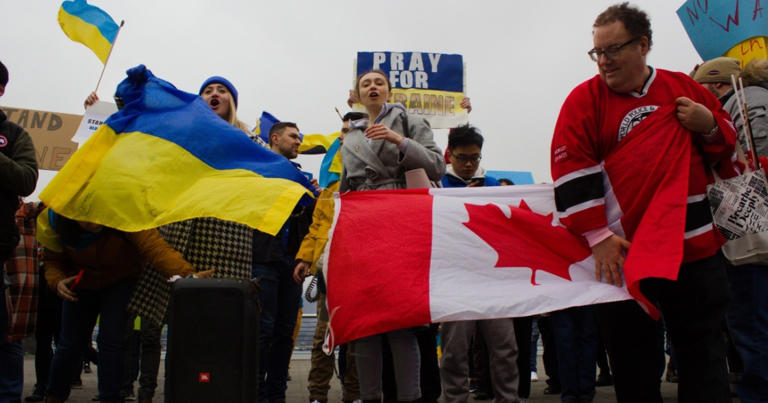



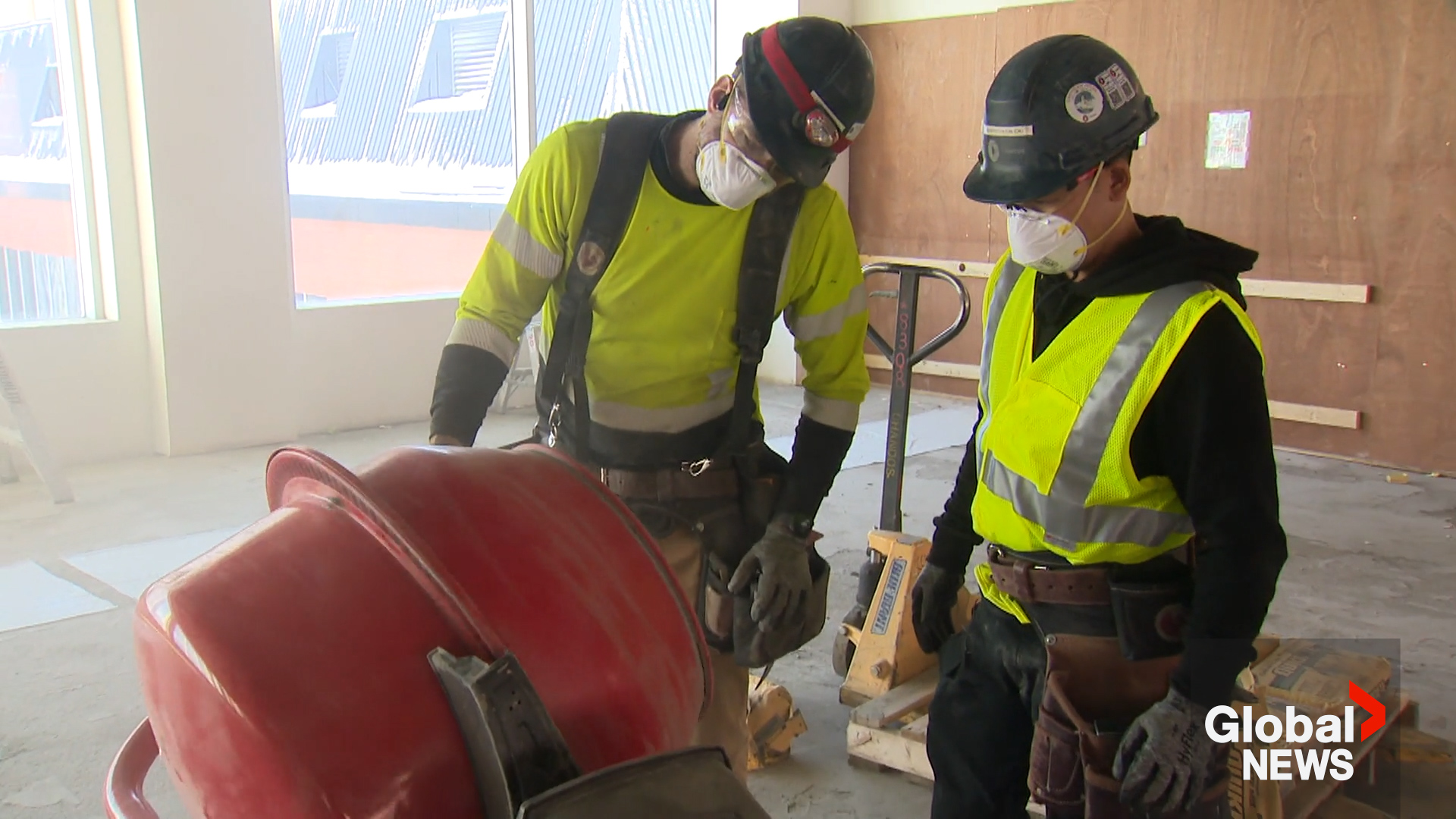
 Global NewsCalgary agency helps train new immigrants for trades jobs
Global NewsCalgary agency helps train new immigrants for trades jobs